And some thoughts on “how to improve your wine writing”
Yesterday I was part of a panel discussion at the Wine Media Conference, WMC, organised by Zephyr Conferences, on the subject of wine writing. (The Wine Media Conference used to be called the Wine Bloggers Conference.) The question we were to discuss was if wine writers should focus more on travel writing, if wine writers might find more business if they broaden the scope of what they write to include more travel? Or, quite simply, if their writing will be better with a bit more “travel flavour” in their wine texts?
The panel was moderated by Frank Morgan, writing the DrinkWhatYouLike blog. On the panel we also had Marcy Gordon, veteran travel journalist who has moved closer to wine in recent years. Marcy has published some of her comments on travel writing in wine writing that I really encourage you to read too: “Follow Up Thoughts on the WMC Travel and Wine Writing Panel” by Marcy Gordon. She brings up several really important points in her text, some of which we didn’t have time to cover at all in the panel discussion.
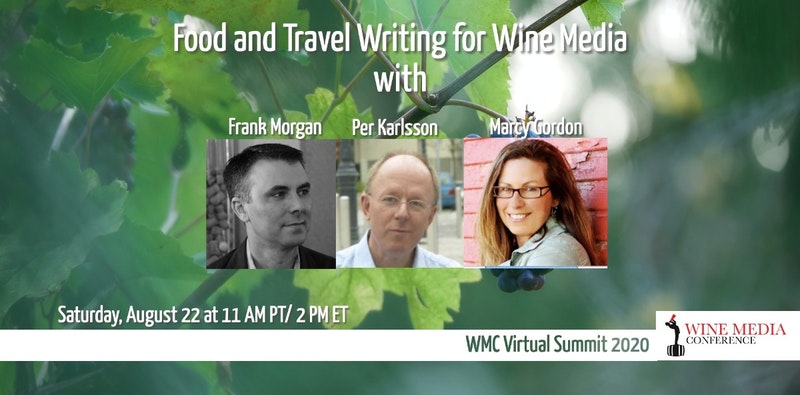
This session, as well as all other sessions, were recorded so you can watch them and listen to them if you get the post-conference WMC All Access Pass.
We had several discussions leading up to the panel debate that made me put down some thought on a paper. As a follow-up to the debate I thought sharing these sometimes summary notes in bullet-point format with you could perhaps be of interest.
This discussion actually veers away quite a bit from the initial question and becomes more of a discussion on writing on wine in general.
But first a short explanation, as in the panel discussion, on what I do.
I run BKWine together with my wife Britt Karlsson. We’re Swedish but we live in Paris (France). We do (mainly) two things: wine writing and wine tours.
We’ve been writing about wine for a long time. We launched Sweden’s and probably Scandinavia’s first web site on wine in 1996 and have been writing online and in print ever since. Today we mainly publish our wine journalism on our own web site BKWine Magazine (this site) and on Forbes.com. BKWine Magazine also has a number of independent contributors. We used to write quite a lot also for print but we don’t do that so much these days.
We have written ten books about wine that have been quite well-received both in Sweden and internationally. Unfortunately, only one of our books is available in English: Biodynamic, Organic and Natural Winemaking; Sustainable Viticulture and Viniculture.
The other side of what we do is wine travel. We run a wine tour company also under the name BKWine. We are probably one of the biggest wine tour operators in the world. We’re not an aggregator or portal. There are many of those “portal” sites around these days, sites that are just an intermediary between a local guide/local tour operator and the client, the “booking.com”-sites of the wine world.
We at BKWine organise and manage everything ourselves. Our wine tours focus on insight, competence and, of course, fun. It is more important for us to take travellers to meet the winemakers who can tell a story and help visitors learn a bit more about wine than to take travellers to famous-name wineries that receive thousands of visitors every year to taste a glass or two of expensive luxury wine. We do tours a little bit all over the world (except the US currently).
We also do a bit of consulting (and speaking) around wine travel and wine tourism, as well as wine in general.
So, now let’s launch into the subject of the Wine Media Conference discussion panel.
Please feel free to comment. And also feel free to contact me if you have any questions or comments (see details on the contact page).
Why connect wine writing with travel writing?
Travel ties naturally into wine. A few reasons:
- “Authentic” or quality wine is often talked about as wines that have a sense of origin. Origin is about the place. About a travel experience (real or virtual).
- Wine is often better understood in context. Context has to do with place.
- Giving local atmosphere
- Wine is about the drink, but also about the people and the place.
There’s more travel publishing than wine publishing
- Travel related articles are much more popular with editors. Even the generalist press publish big travel articles. (But there’s also more competition in travel writing.)
- There are far more travel magazines, travel supplements etc than wine.
A simplistic but telling comparison is this Google trends chart comparing “travel writing” and “wine writing”. Travel writing weighs six times as much as wine writing (59 vs. 10) (from Google Trends).
But this also means, of course, that there’s more competition in travel.
A similar illustration comparing “French food” (as part of travel) and “French wine” (83 vs. 37) (from Google Trends):
Quality is important
Quality is important in your travel writing, especially if you want to place articles with paying media (where competition is even harder).
- “Tasting notes”-style writing is losing ground. Moving away from “only wine”. Moving away from wine reviews.
- More in-depth writing is gaining ground.
- Putting wine in context
- “Writing for free” is maybe not the best idea but it can be worthwhile, especially if you get feedback from an editor or in some other form. Feedback is invaluable. It is one of the key ways to improve your writing.
- So, when getting into the broader scope – including travel – don’t get out of your depth. Write about things that you’re competent in. Don’t write bad text just to be “broader”.
- And don’t fall into the trap of cheap / trite “promotional” writing for whoever it was that paid for your travel or sent you samples.
- One tendency today is to write stories like “when I travelled in xyz” (with a very big “I”), “columnist’s” stories. They’re eminently boring in my opinion, unless you’re famous or an outstandingly talented writer. I still believe in the saying “the story is not about YOU”. Unfortunately it seems to become more and more popular recently with stories like “I went here and there, there I did this and that, I stayed in some hotel, I ate this food…”.
Here’s an illustration of the first point of that wine ratings or wine reviews are losing in relevance (from Google Trends). By the way, the peaks are from the week before Christmas every year, presumably when people wonder what bottle they should give away for Christmas. Take those peaks away and the decline of wine ratings (and wine reviews) will be even more obvious:
Think “SEO”
Think about “ranking better” when writing your wine/travel stories. This is in line with recent evolutions in Google search rankings.
- Longer articles work better
- In depth articles work better
- Quality articles work better – article that give answers
- Focussed articles often work better than “fluffy” or chatty articles.
- As was also mentioned in the session on “writing about the business of wine” with Elin McCoy, Cyril Penn and Felicity Carter: “Think about a question, one single question, and make sure your article answers that question”. (Not a 100% accurate quote) That was a really interesting session that you can watch and listen to if you get the all-included conference pass mention in the beginning.
Everyone needs to be an SEO manager. Everybody needs to think about how your contents “rank”. This is NOT because Google (or others) are doing any “magic” that you need to worry about. On the contrary. There’s no magic. Nor is it only applicable if you publish online. It’s also important in print. Because Google promotes – ranks highly – contents that real people like, contents that are of relevance for real people. So writing for good SEO means you write relevant articles for real people. Articles that will rank higher.
Questions raised in the conference session
- “Refocus on blogs?”
- – Yes maybe. If nothing else, it is a great means of getting experience and building reputation.
- What stands out?
- – Quality & talent. Insight, knowledge and competence.
- A quote from The Economist answering the question on if they use freelancers and if so, how should a freelancer pitch: “We do use freelance writers but only if they bring either exceptional insight or special knowledge, or if they just happen to be at the right place at the right time. Why would we do it otherwise? Our own writers are so talented so if the freelancer doesn’t bring something special that we don’t have in-house, why should we use them?” (an approximate, not literal quote)
- Be a specialist or a generalist?
- – Depends on your personal preference (and opportunity). We (BKWine) have chosen to be generalists (apart from specialists in travel, and also maybe apart from being stickler for facts and with a penchant for technology).
- You have some very successful examples of the specialist route, for example Simon Wolfe with orange wine, Wink Lorch with Jura wine, Elizabeth Gabay with rosé…
- It is probably easier to get a reputation and get placed as a specialist. But do you want to be focussed on just one thing?
- Will paid freelance wine/travel writing ever come back?
- – Well, it has not gone away, only become harder to get. And paying less. But it won’t come back to what it was. (One of my first sales of a photograph was to the International Herald Tribune (ex Washington Post + New York Times collaboration), sold for around $1200. Today a similar picture would probably sell for $50-150.)
2021 and forward
What does the future look like? Well, who has a crystal ball?
- Very challenging. Especially travel. Due to covid, of course. (And travel writing is probably suffering more in the short term than wine writing. Again, see Google Trends, e.g. above.)
- For many, it may mean writing from what you have in your backlog… Not a bad idea actually.
- On the other hand, there is more mainstream media that charge for contents these days with pay-walls, subscriptions, micropayments etc. There’s also the specialised press. Meaning that online monetisation may become easier – at least more accepted – with time.
- There is an increasing amount of pay-wall sites
- Recent report (http://www.digitalnewsreport.org/publications/2019/pay-models-2019-update/):
- “52% of the [media] executives expecting subscription payments to be the main revenue focus in 2019”
- “69% of the newspapers in our sample operate some kind of a pay model today”
- Ad revenue going down (for media sites) (moving to Google and Facebook) and subscription becoming more important
Challenges
Challenges are many…
- “Hobbyist writers” that write just to have free wine or free tastings or free travel. (They take up space and can give the business of writing a bad reputation. The quality is not always the best and sometimes quite appalling.)
- The flood of poor contents:
- writing, texts that are basically not much more than promotion as a thank you for freebies
- “native advertising” – paid-for texts that are placed in media and made to look like editorial text, often with the intention to deceive the reader. Ethically sometimes very, very questionable. This is a BIG problem today.
- Diminishing print (of course). But on the other hand, as mentioned, more monetisation (in the future) online and more quality writing is published online.
- Some important questions to ask yourself:
- What’s your motivation?
- Do you think you can live from it? Is your ambition to make a living from it?
- What can YOU contribute that others can’t?
- Be aware of the dangers of press trips:
- Press trips will (usually) only feature the big and (already) famous. You will get a very skewed view of the place. Many press trips are organised by those with big marketing budgets and will not show you “how the rest of the world lives”. You will be writing about those that are already fortunate enough to have a marketing budget. Are those really the ones that you want to put forward?
- You will (often) be expected to “pay back”. Can you do that with good conscience?
- At the same time, there’s no way around them (the press trips) and they can be extremely useful. Without them there would be precious little wine writing. We at BKWine are extremely fortunate that we actually largely do travel on our own account and decide where we want to go, who we want to visit, thanks to our wine tour business. Very few writers have that possibility.
- Advertorials and such likes?
- It is probably easier to make a living (or just get paid) from advertorials and similar types of texts.
- But that’s not really wine writing. That’s PR and marketing. Copywriting. Is that what you want to do?
Inspiration and ideas?
What to write about? Ideas? A few random things that can be some inspiration (or not).
- Unknown (food) specialities in famous places (e.g. andouillettes in Chablis, pigs’ trotters in Champagne, lamproies in Bordeaux (or caviar)…). Writing about unknown places is much more difficult to sell.
- Local atmosphere. How can you write about Mendoza without writing about the Andes and asado? Or write about the Douro Valley without talking about geography and landscape?
- Connect the text to people. (Again study e.g. The Economist and how they often manage to connect even the most technical subject with real people to make it come alive and grab attention. An article about the financial base rate can very well start with an attention-grabbing story of a real person.)
- But don’t go over-board and turn your articles into (simple and boring) interview transcripts. Interview transcripts are not journalism.
- A writer should be present in the text, yes, and an article is not just a repetition of what someone else has said. But at the same time – the text is not about YOU; it’s about them. A writer can/should bring analysis, synthesis and perspective.
- Question: Is writing about “little known places that deserve more attention” a good idea?
- – It is probably not a good idea, if your objective is to sell articles. Hard to sell. Until you have a solid reputation so you sell on your name and not on the subject.
- But if you have a story that is in some way unique and special, yes, then try it. (But keep in mind that just that there is not much written about it doesn’t make it special.)
- But if you know you can get it published, then it can be much more gratifying to write about those who “deserve more attention”. You can help those who need help, rather than make the rich richer.
It takes effort
A few final words
- Write a lot.
- READ a lot.
- And when you do, think about which writing you like to read, writing you find compelling. And above all, WHY you think it is good. What is it that makes it better than others. Try and do similar things. Imitate.
- Create a reputation (by good writing; really GOOD writing)
- Be persistent. Be in it for the long run. Don’t give up after a few no-thank-you:s
What do you think?
Please add your comments and thoughts below!




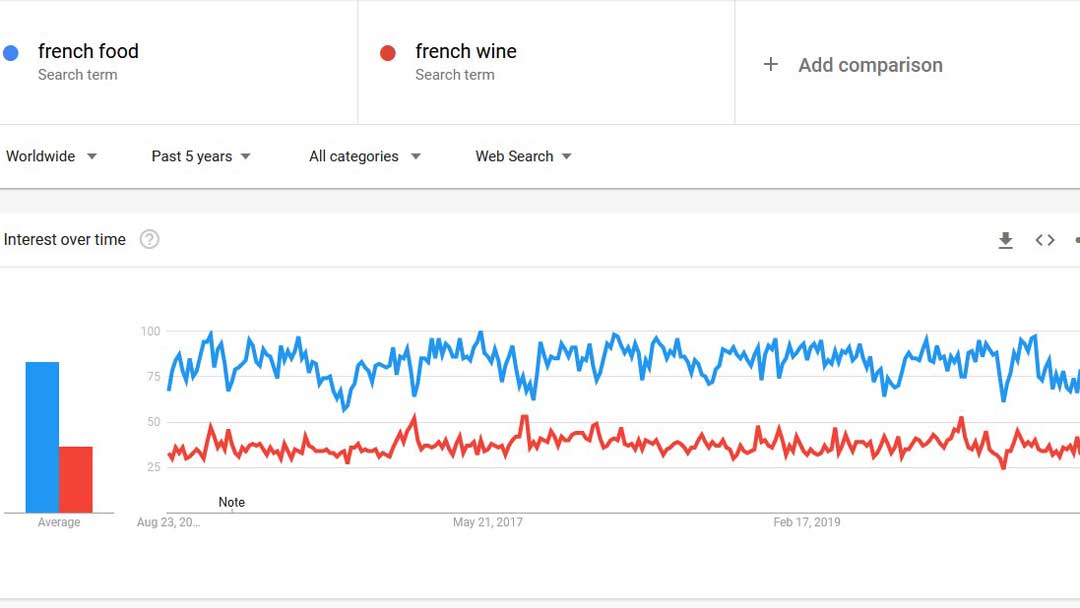

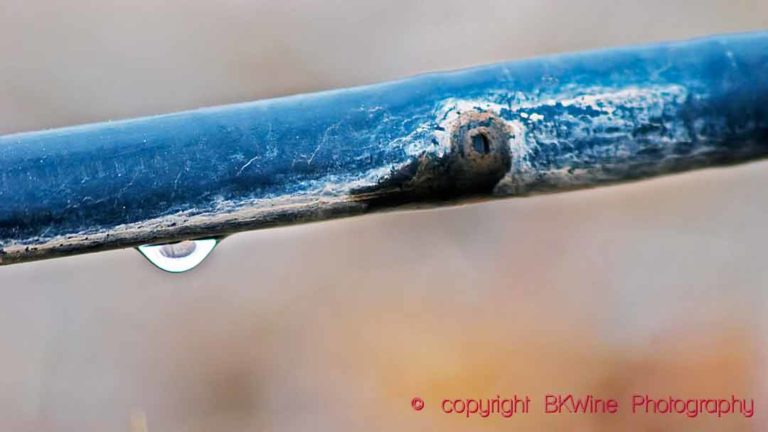
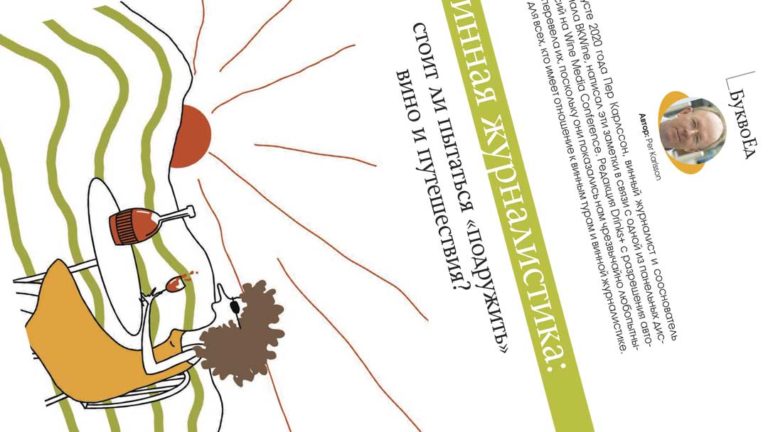
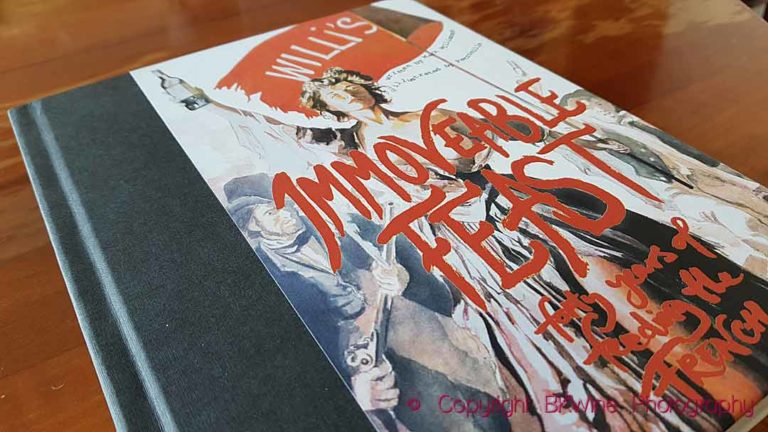




2 Responses
Great session and great post Mr.Per Karlsson ! Lots to learn from your vast experience with travel and wine writing ! Congratulation for your achievements ! I will check your wine tours once travel will resume post COVID-19.
P.S I was wondering what was the white wine you were enjoying during the session
Thank you.
It was not actually a wine. It was a vermouth, a Noilly Prat, with a slice of lemon and a small dash of gin. A very nice aperitif, since it was dinner time for me.